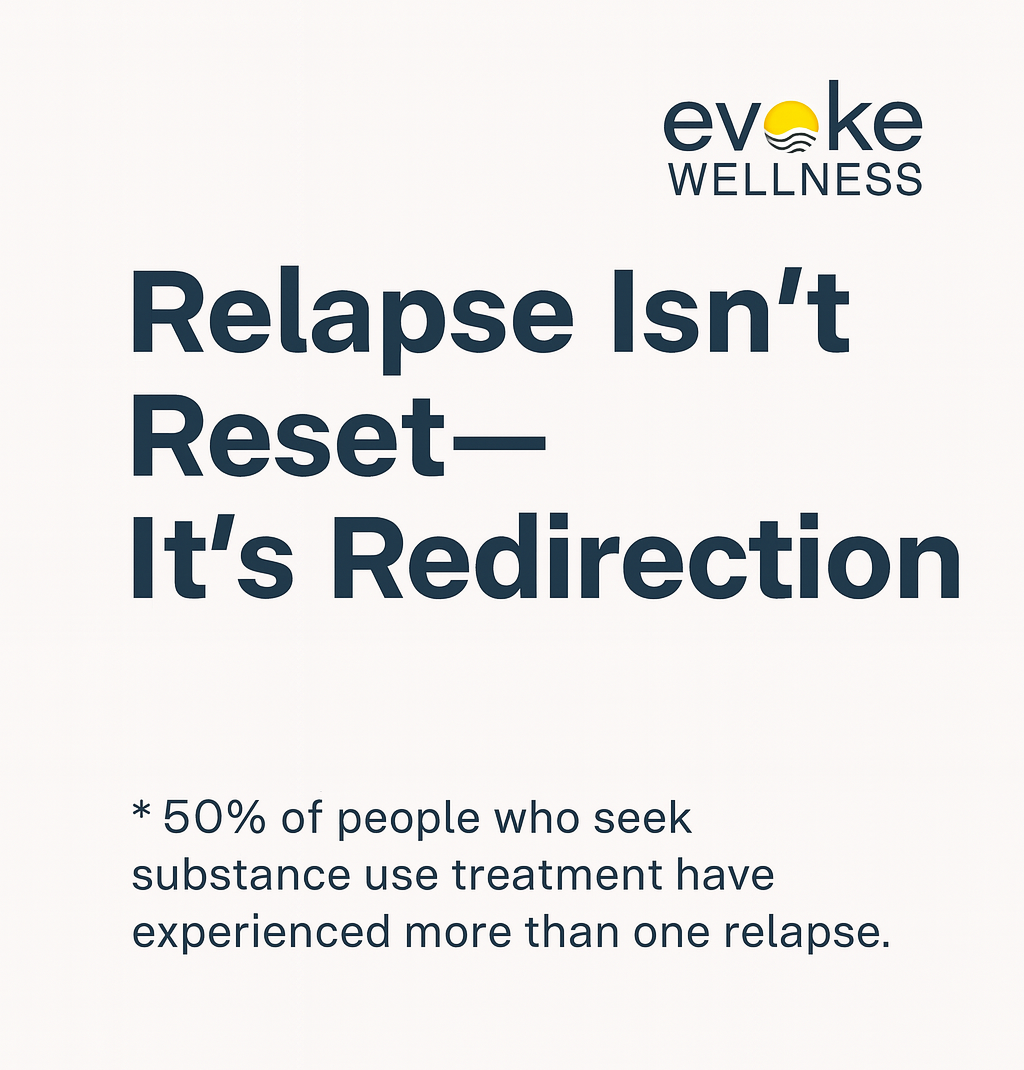After I relapsed at 90 days, I stood in my kitchen holding two names: my therapist and the detox center. I didn’t know who to call.
I wasn’t in full crisis, but I wasn’t okay either. I’d slipped back into patterns I thought I’d buried. I wasn’t using every day—but I was lying again. Hiding. Withdrawing.
Therapy felt too light. Detox felt too extreme. What I needed was something in the middle. Something real, honest, and integrated.
That’s when someone suggested a dual diagnosis treatment program in Ohio. Not a split path. A combined one. And it made all the difference.
The False Choice Between Therapy and Detox
Recovery teaches us how to bounce back—but it doesn’t always teach us where to bounce to when we slip.
The narrative is often binary: either you’re sober and “fine,” or you’ve relapsed and need full-blown detox. In-between gets blurry.
But the truth is, many of us live in that blurry middle after relapse. We’re not starting over—we’re picking ourselves up mid-stride.
That’s what dual diagnosis care at Evoke Wellness Ohio recognized: I didn’t need to pick one kind of help over another. I needed a complete kind of help.
Detox With Dignity
In my first detox, I felt like a number. Stabilized quickly, then discharged faster than I could process what had even happened. The body got clean, but the mind was left behind.
This time, inside dual diagnosis care, detox wasn’t isolated—it was part of something bigger.
- Medical care and withdrawal support? Yes.
- Emotional safety and psychological support? Also yes.
- A team who asked, “What are you scared of?” instead of “What’s your dosage?”
That shift changed everything.
Therapy That Doesn’t Exist in a Vacuum
Before, therapy had always felt like a standalone experience—like an emotional side dish to the main meal of recovery. But inside dual diagnosis care, therapy was woven into everything.
Every session, every group, every check-in was shaped by the understanding that my mental health and my substance use weren’t competing issues. They were dancing partners. If I ignored one, the other would spin out.
I wasn’t just talking about “the past.” I was learning how to live with my present—and shape my future.
Community That Isn’t Conditional
When I first relapsed, I isolated. I didn’t want anyone in my sober network to know I’d messed up.
But inside the program, I met people who didn’t flinch at the word relapse. People who had been through it—and come back. People who weren’t shocked or disappointed. Just there.
Community in dual diagnosis treatment wasn’t about being perfect. It was about being real. We weren’t just accountability buddies—we were emotional spotters.
Some days, we laughed about the absurdity of our cravings. Other days, we sat in silence and just were.
Both were healing.
Medication That Supports, Not Replaces
After relapse, I was deeply wary of medication—especially because benzodiazepines had played such a big part in my story. I didn’t want to trade one crutch for another.
But dual diagnosis treatment didn’t hand me a bottle and a hope.
Instead:
- I had thorough psych evaluations
- I was part of the conversation about what I took
- I learned how to distinguish between sedation and support
The right meds, prescribed responsibly, helped level my emotional terrain. Not erase it—balance it.
Relapse Isn’t Reset—It’s Redirection
One of the most important things I learned?
Relapse isn’t a moral failure. It’s information.
It tells you:
- What coping skills still need shoring up
- What triggers weren’t addressed
- What pain still needs witnessing
Dual diagnosis treatment didn’t treat me like I had to start from scratch. It treated me like someone who’d made it 90 days and needed a different kind of reinforcement.
It gave me tools to walk forward—not shame to sit in.
Exit Plans That Actually Support Reentry
When I finished my first program, I walked out with a printout and a hope.
This time, I walked out with:
- Weekly therapy appointments
- Peer support referrals
- A sober mentor
- A medication follow-up
- A re-entry plan that took my real life into account
There was no “Good luck out there.” There was, “Let’s talk again next Tuesday.”
That mattered more than I can explain.
Frequently Asked Questions About Dual Diagnosis Care After Relapse
Do I need dual diagnosis treatment if I’ve already been to rehab?
Yes—especially if your relapse involved both emotional distress and substance use. Dual diagnosis treatment is often more effective after a relapse, because it digs deeper into what led there.
Will I have to go back to detox?
Only if your medical condition requires it. If your use was brief or minimal, you may begin treatment without full detox. Your care team will assess your needs safely.
Is this just for people with mental illness?
Not necessarily. If anxiety, depression, or trauma played a role in your addiction—or your recovery—this type of care can help stabilize both at the same time. It’s not about labels. It’s about healing.
Can I keep working or going to school during treatment?
Yes. Evoke Wellness Ohio offers flexible treatment options, including outpatient programs that allow for work, school, and parenting responsibilities. You don’t have to choose between recovery and life—you can build them together.
Feeling stuck between therapy and detox? Maybe you don’t need to choose.
Call (866) 430-9267 or visit Contact Us to learn how Evoke Wellness Ohio supports real recovery—no matter where you are on the path. Whether it’s your first fall or your fifth, we’ll meet you in the middle.



